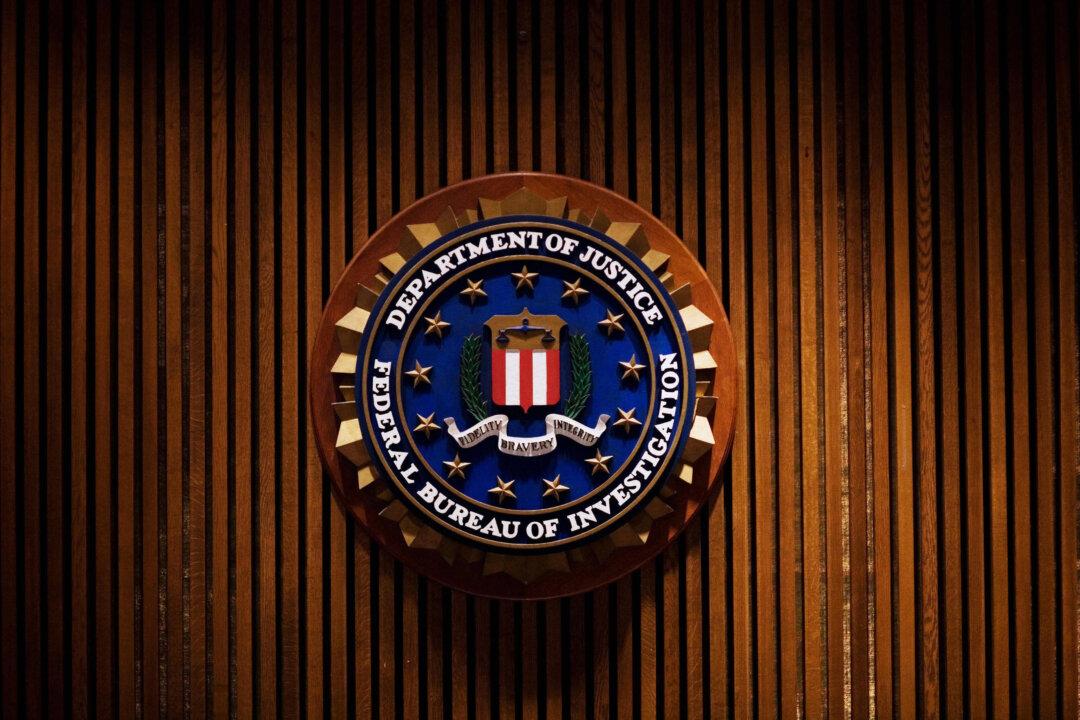Recently unsealed court documents appear to show that the FBI misled a U.S. magistrate judge in its request for a warrant to seize assets from a privately owned safe deposit box store in Beverly Hills, California.
The FBI began investigating U.S. Private Vaults—a store housing more than 1,000 private safe-deposit boxes—after its agents and local law enforcement observed suspected drug dealers and buyers in the vicinity. On March 22, 2021, FBI raided the vault, armed with a warrant by U.S. Magistrate Judge Steve Kim, which granted them the right to seize properties belonging to the firm as part of the investigation, according to a Los Angeles Times report.





